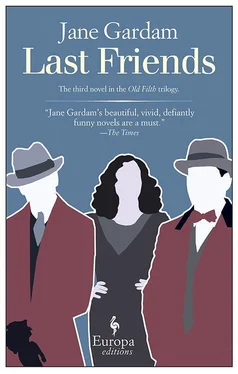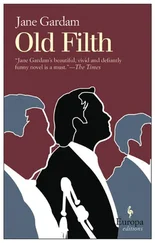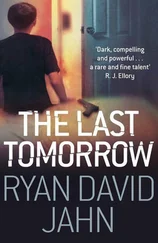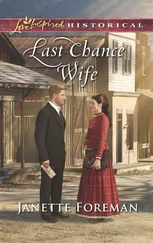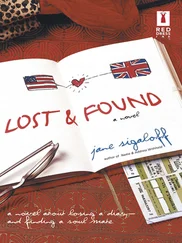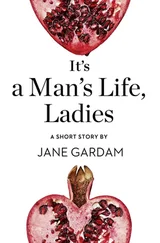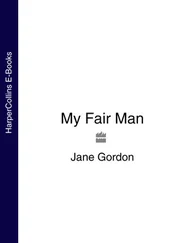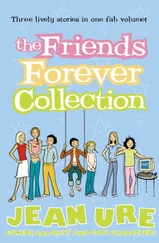‘When are we going ?’ they lamented. Not only the German bombs at night but the huge barrage of Liverpool gun-fire thundered all around them, hour after hour all night. ‘Soon,’ they were told, ‘Soon.’ Two of the children had been on board the earlier evacuee ship a fortnight ago which had been torpedoed, but everyone saved. These two seemed stolidly unconcerned.
There were also the paying passengers, ‘business-men, diplomats and professors and people of pre-war opulence,’ as was later reported in the press. Among these were Mr. and Mrs. Fondle and their party from North Yorkshire, expecting to board the S.S. City of Benares at once.
But the train had been slow and they had been obliged to sit with their elite group of children in one of the sheds on the quay. And, later, their supper was the same as the children’s. Veronica Fondle picked at the slices of National Wholemeal bread — pale grey — a little grey pie, some wet grey cabbage and a dollop of ‘instant potato’ called Pom.
The Fondles did not seem to be hungry. They leaned back from the communal bench and smoked black cigarettes with gold tips. Mrs. Fondle patted the seat next to her and said, ‘Not long now, Terence.’ The poorer children raced about and screamed and shouted like a flock of autumn starlings suddenly wheeling, like smoke, out of sight of the dormitory sheds. Terry said, ‘There’s not one of them older than ten.’
‘Oh, I wouldn’t say that, Terry. Terry you must stop saying “ Wan ”. You are travelling with us.’
He could think of no answer. He could not bear her face or her voice. After a time he took a last bite into the so-called tart (Apricot, but it was marrow jam) and said, “ One ” and she said, ‘ Much better.’
‘Can I get a message home? I’ve got the priest’s number. It’s only one and twopence.’
‘Oh, I don’t think we want to unsettle them.’
‘Well, I’ll write, then, Mrs. Fondle. I promised. She give me the stamp for it.’
‘ Gave ,’ said Mrs. Fondle. She and Harold Fondle then disappeared.
Terry wrote his letter and went to find a post-box, with no success. It was bed-time apparently now and they were sent to a place full of bunks. Two big, plain, confident girls — twins — were to sleep below him. They looked to be eleven at most, but large and commanding. ‘You an escort?’ one asked. ‘You’re no evacuee. Not your age.’
‘I’m not quite fourteen.’
‘D’you not want to stay and fight then?’
‘I don’t know about that. Do you?’
‘We’re girls,’ they said ‘It would just to be in Munitions. I don’t want to make bombs for anyone. There must be kids like us, over there.’
In the night he heard one of the girls crying and her sister’s head rose up like a vision beside his face on the bunk above. ‘Our dad and mam’s dead in the raid. Faery’s weak. I’m her twin sister.’
He rose early next morning, both sisters humps in grey blankets below. He dressed and put on the hooded coat his mother had made him. He was so tall he might have been anybody.
He climbed aboard, up a steep gangway unnoticed. He walked about on deck. He slipped amidships and soon came to a graceful staircase like Hollywood. Like A Hundred Men and a Girl . And high above him on the stair he saw the toes of shiny golden curled slippers jutting over the top step. He found that these feet were attached to the graceful Aladdin-trousers of a golden man in a golden coat and purple turban. This smiling man beckoned and bowed.
‘Come little sir. Welcome to the East. Welcome to the City of Benares . See what is now before you.’
What was before him was The Arabian Nights . The palms. The languid loungers, the gleaming restaurants, the clean cabins for them all — not only for the paying passengers. The white linen hand-towels, the ballroom, and everywhere a glorious smell of spices and food he seemed somewhere to have known. An orchestra was tuning up upon a white marble dais.
There was a play-room for the little ones, full of toys. A rocking-horse stood there against a wall, its nostrils flaring. It was a strong rocking-horse with basket-work seats fastened one to each side of the saddle, all wicker-work but very firm and beautiful. Then away went the steward, about the ship. Coloured streamers, big white teeth smiling, princes bowing to him. It must be a film!
Terry felt very much afraid. He was being mocked. He needed to speak, not to his father but to his mother. There were no women on board this ship. They were all princes, all bowing at him and all false. He had never seen anything like this in the Palace Cinema in Herringfleet.
‘I don’t think I am meant to be here,’ he said. ‘Who are you?’
‘I am a steward on this glorious ship. It is only one year old. It is known as The Garden of the East. You, all you children, are going to be in heaven. You will be Royalty, even the smallest, away from all harm of war. You will eat chicken and salmon and eastern fruit, rich meats, wines, sherbets, bananas and ice-cream—.’
He was terrified. ‘I have to go back. I am not meant to be here. It’s a dream.’
‘Perhaps the whole world is a dream.’
He ran back on deck. Children were beginning to climb the gangways now, some hand in hand, some solemn, some excited, none looking back, none crying. All so little.
On the quay a few flags were being waved. Someone began to sing half-heartedly ‘Wish Me Luck as You Wave Me Goodbye’ and from across the harbour on one of the escort ships which were to come with them to keep them safe, the song was taken up and sailors on her deck began to sing and to wave and cheer. The two stolid twins, big and heavy in what looked like their mother’s winter clothes, passed Terry by without noticing him. From the inside of the ship came cries of amazed delight, the Pied Piper’s children passing inside the mountain.
He asked someone about the Fondles, and was told that they would already have boarded by a different gangway for the paying passengers.
He said ‘I’ll go back to the quay then, and find it.’
‘No need,’ said another golden Indian man in white. ‘Come this way.’ He had gold tabs on his shoulders.
‘I have to go down. I’ve left my bag.’
‘Someone can escort you.’
‘I can manage.’
‘Hurry then, little master.’
He began to push against the stream of passengers coming up the gangway. He pushed harder, knocking them out of the way, and he was free.
Across the quay, in and then out of last night’s dark lodging — his luggage was still there.
‘Get aboard !’ A Liverpool voice. ‘’Ere — you! You’s a passenger — I seed yer. I remember the hair.’
‘Just going.’
He pulled up the hood of the coat and half an hour later he was far away, running like mad from the port, wandering in battered, broken Liverpool, looking for a phone-box.
* * *
He had the right money and he telephoned Father Griesepert. There was no answer, so he rang Mr. Smith’s number, up in the house on the moor — no phones yet in Muriel Street — and after a long time and the telephonist twice asking if she should disconnect him, little Fred Smith’s voice answered.
‘It’s Terry. Is yer Dad there?’
‘Yer’ll ’ave ter ’old on. They’re not awake yet after last night.’
‘Get him, Fred.’
* * *
‘Hullo? Terry? Terry!’
‘Yes. Sorry, Mr. Smith. I’m comin’ home.’
‘You can’t. It is utterly impossible.’
‘Well, I’m coming. I have the money from Da.’
‘You can’t. There’s no trains. Middlesbrough station was destroyed last night. The lines are broken everywhere.’
Читать дальше
